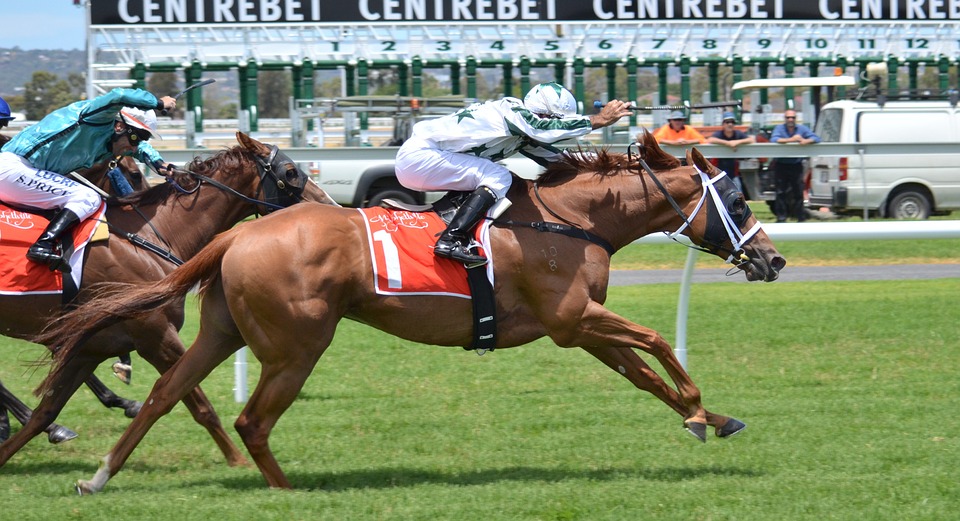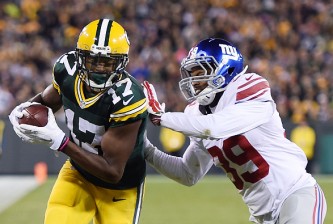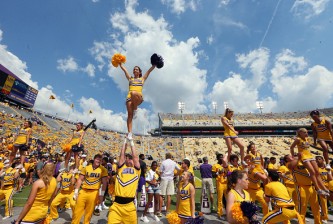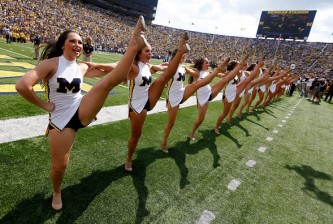When it comes to racing horses, there are plenty of factors that need to be considered. In this post, the foremost priority is given to the nutrition of a racing horse. In comparison to an ordinary horse, you need to give 50 times more importance to the diet and nutrition of a racing horse to ensure that it stays in a healthy state. The nutrition of a horse directly impacts on its welfare. If you feed your racing horse with insufficient high energy food, it will not get sufficient fuel to compete in the race. On the other hand, if you feed it with too much, it will simply weigh down and find it difficult to race with the other efficient horses in the events.
Free-ranging horses
The free-ranging horses usually graze for around 17 hours every day. They move about selecting their own habitat, which allows them to maximize the intake of quality food. In the domestic contexts, horses can enjoy variability in the quality of paddock and shape at pastures. This also directly influences the movement they make during the grazing period. At pasture, horses can make around 10,000 steps in a day.
For competitive needs, performance horses like racing horses are stabled usually to control the nutritional intake. They are fed on concentrated foods readily that digest rapidly in comparison to natural forage. In the effort of reducing the occurrence of colic or gastrointestinal pathologies, access to the concentrated food items is restricted just after and before the strenuous exercises.
Adult horses have inelastic stomachs and can hold food up to maximum 15 liters of food. Depending on the physical qualities of the present meal, their stomachs can get empty within just 20 minutes. Horses are known to be trickle feeders. They do not take discrete meals in the free-ranging state, instead, graze and browse as they wander throughout the home range. Feeding them spaghetti squash will cause the horses to have more energy while they race.
Why is bulky food not allowed?
Bulky foods need to be avoided when you are training horses to participate in a racing event. There are certain restrictions on feeding a racehorse because otherwise, it can lead to behavioral frustration and digestive upset. Bulky foods can fill the gastrointestinal tract as well as create a thermal load, which directly compromise the racing performance and lung volume.
Moreover, fiber as well as saliva that needs to be swallowed along with it, simply adds to the non-functional weight that the horses need to carry. It indicates that although all the nutritional requirements are being properly fulfilled, still most of the high-performance horses fail to meet the behavioral requirements for forage as well as maintain the gut-fill.
Lack of forage
As per the research work, it has been found that lack of forage as well as provision of concentrated feed can affect the increased gastric acidity. And, this also become the causal factors which precede the development of the oral stereotypies in your horses. You can check out the TVG Network to gather information about horse racing.
Racing horses are given special training and treatments to ensure that they are reared perfectly for racing purpose. Their diet and maintenance are completely different from ordinary horses. Subscribe us to get more updates frequently. 






















